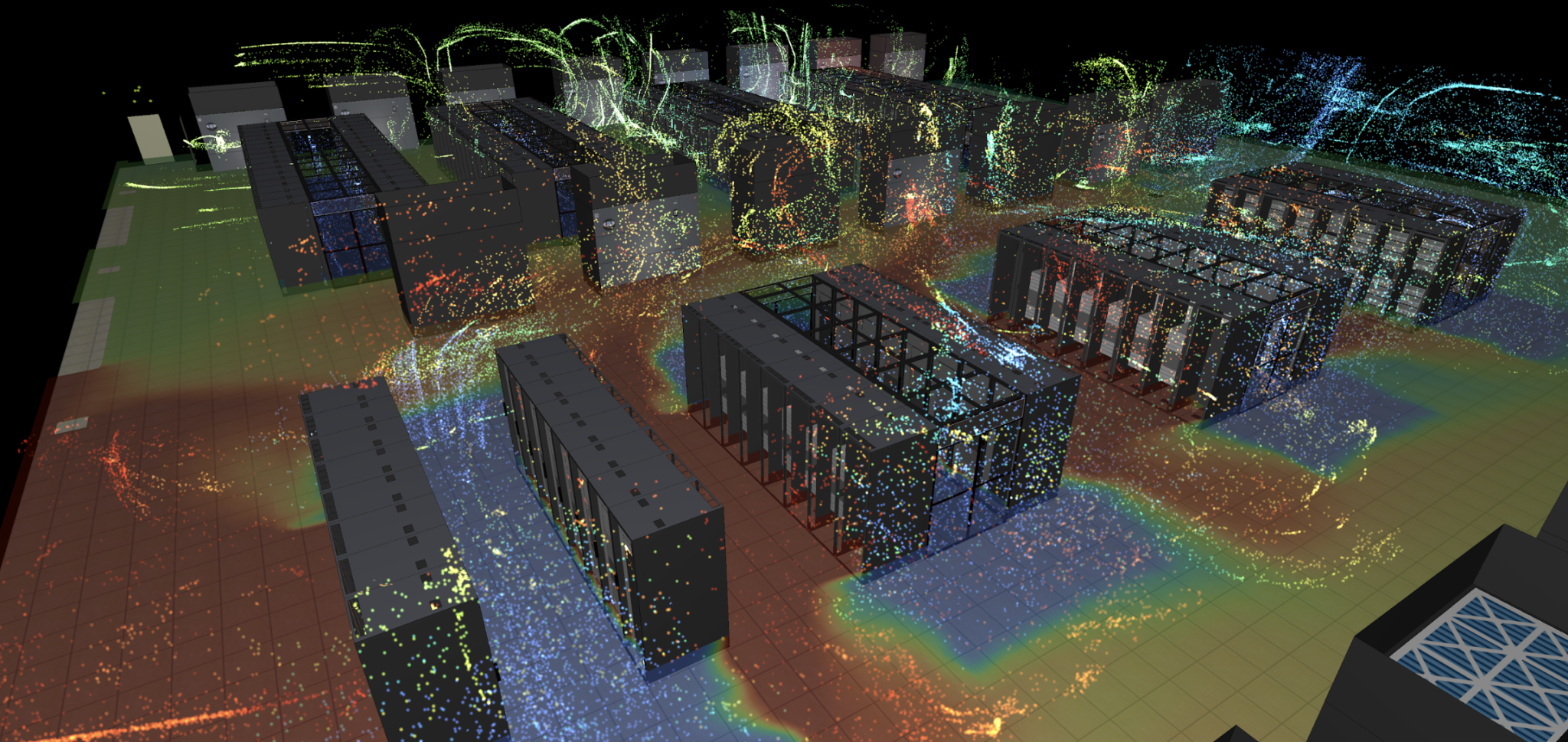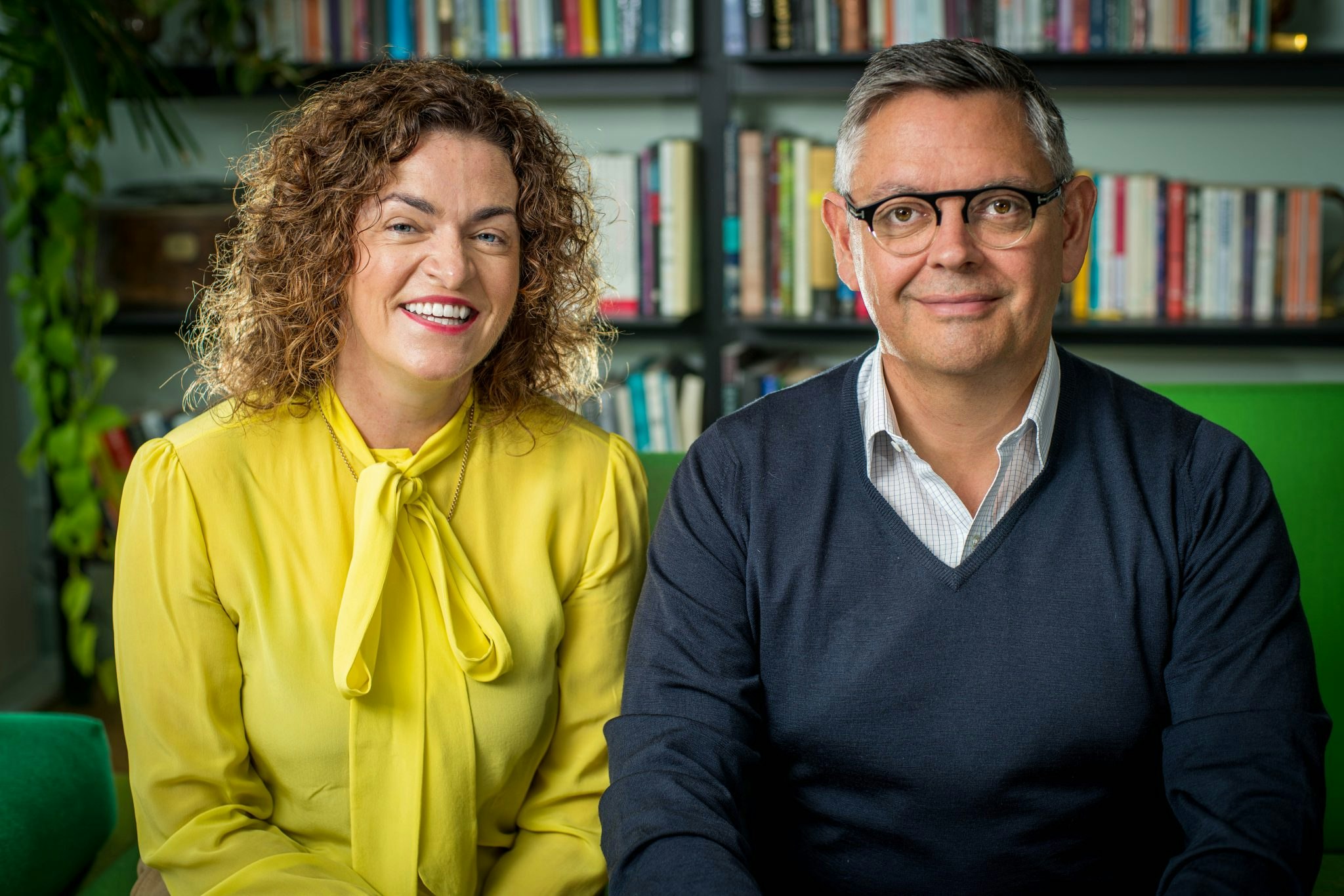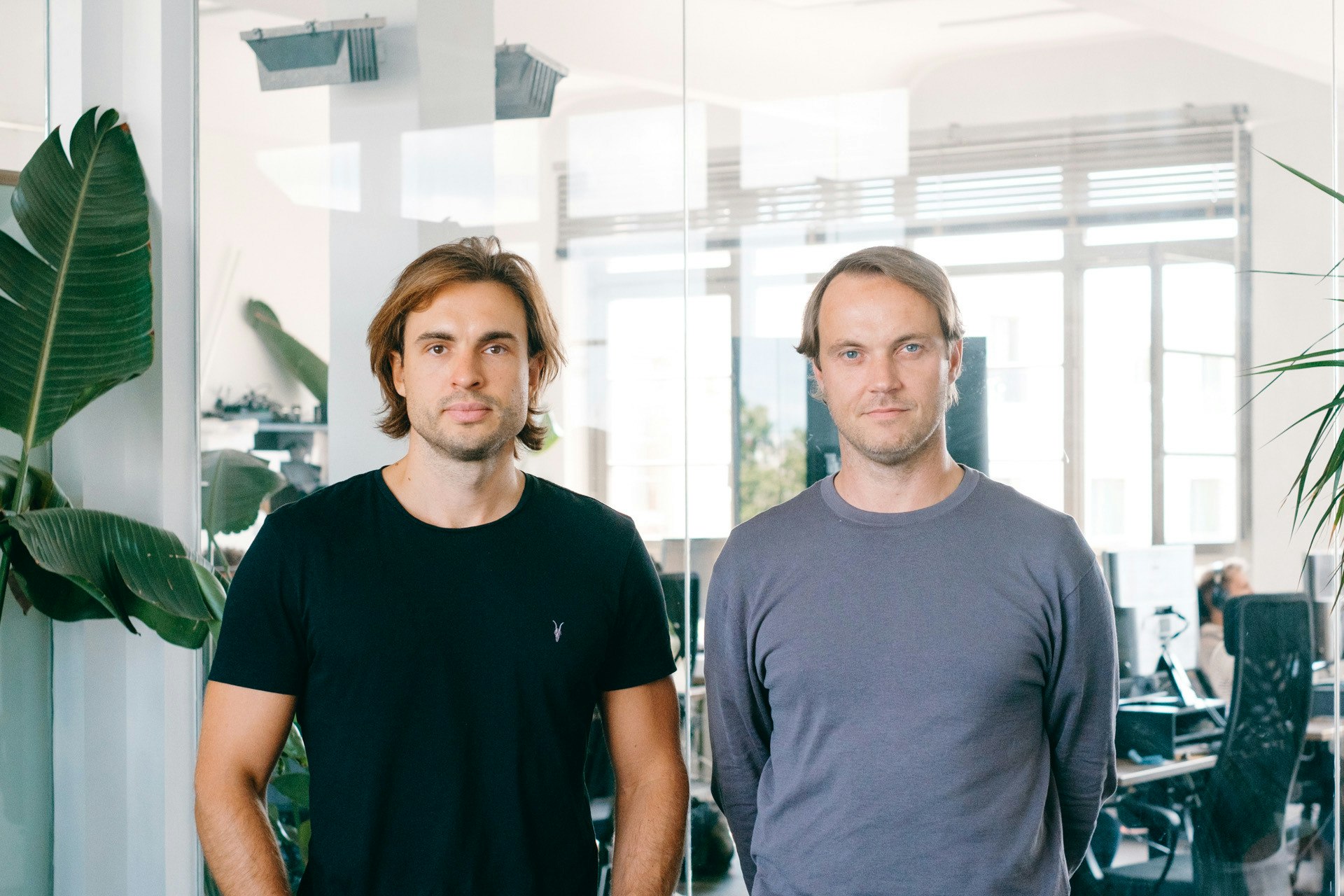In Vienna, all sorts of interesting things are being done with rubbish.
One startup is making mattresses that can be stripped apart, recycled and turned into new ones and another startup is even making it possible to buy portable recycling machines that grind plastic into powder, so it can be turned into something else. Elsewhere, a pilot project, Biofabrique Vienna, is researching the potential of recycling unused local resources and turning them into building materials.
This is the future of recycling, and it’s taking place in the capital of Austria — the country that ranks second in the world for recycling. It also has a ‘circularity rate’ (the rate at which recyclable materials are used) of 12%, slightly above the EU 11.5% average.
What makes Vienna a leader in circular solutions? Sifted spoke to five Viennese businesses to hear about their innovative solutions.
Circular mattresses for hotels
Over 30m mattresses are disposed of every year in Europe. Recycling them is tricky because of the mixed materials inside, which can only be mechanically recycled “meaning it’s shredded and turned into something [like] carpet insulation or a yoga mat,” says Michaela Stephen, the cofounder of MATR, which has designed a fully recyclable mattress. “Eventually, that product will still become waste.
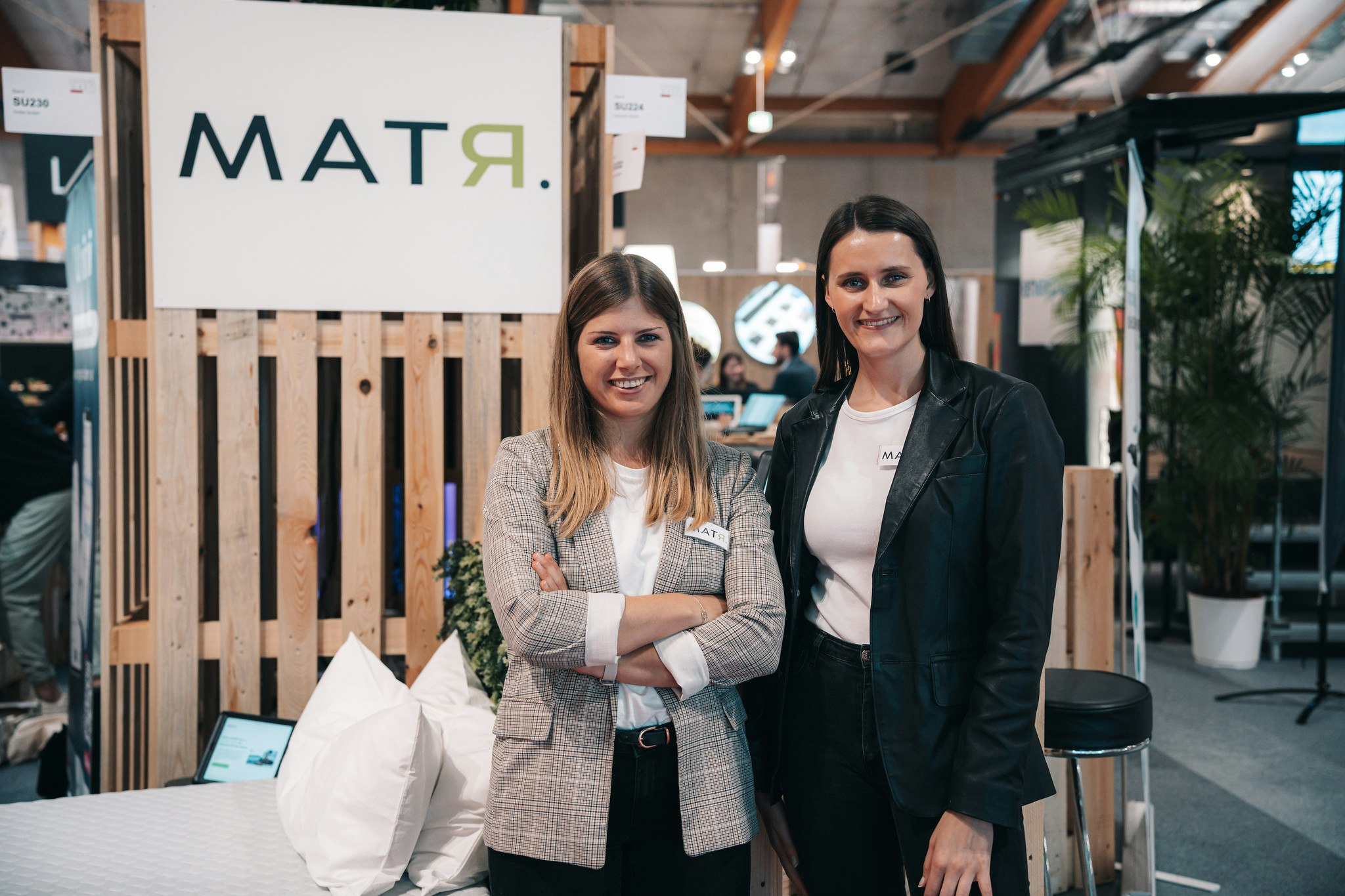
Founded in 2022, MATR uses just two materials — steel and polyester — in its mattresses. These can be easily separated at the end of life, and even recycled into new mattresses, giving them a 50% lower carbon footprint compared to a conventional mattress. The company rents them to hotels, which pay a fee to cover this end-of-life process. So far, 10 hotels in Austria and one in Germany pay for the service.
Why is this possible in Austria? Stephen points towards its funding landscape for startups, including Vienna Business Agency and AWS.
“From day one we had that support and it helped us get going,” Stephen says.
Insect farms fuelled on veggie scraps
Katharina Unger describes her modular insect farm business, LIVIN farms, as “an industrial Nespresso machine”. “We sell pre-dosed amounts of baby larvae, and we sell the factories to insert and grow them from there,” she says.
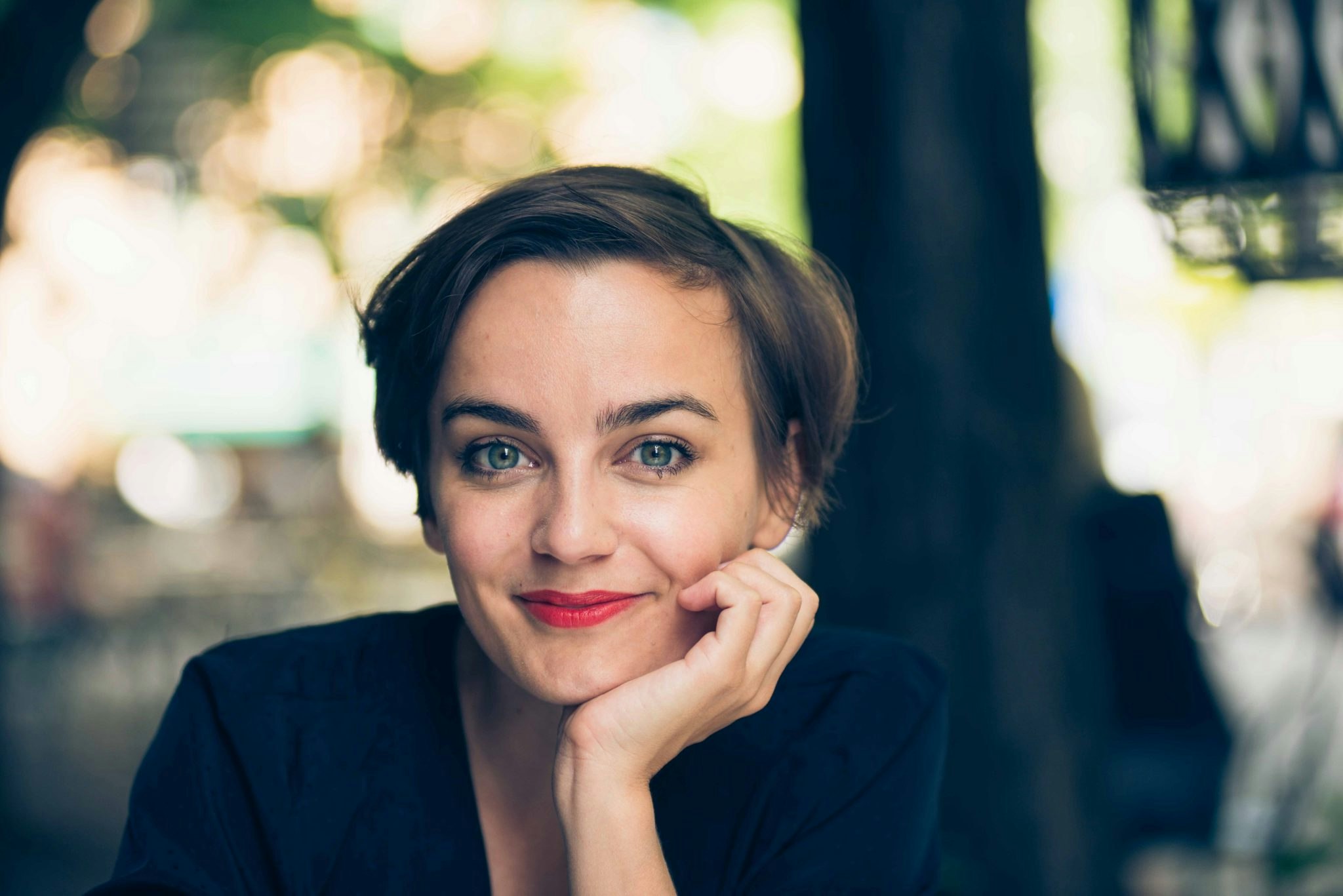
LIVIN farms’ target customers are food companies that generate by-products that can be fed to insects, like potato peels or cake trimmings. The resulting protein can be used in animal feed or pet food.
“Instead of paying for disposal, you can actually turn a revenue on [this waste],” Unger says. She says bakeries pay €20 per ton to dispose of scraps, whereas a tonne of insect protein can be sold for as much as €3,500.
The company was originally founded in Hong Kong but relaunched in Vienna in 2019.
“Access to grant funding, particularly R&D funding, is very good [in Vienna],” Unger says of the move. “Industrial sites are also still very affordable compared to other parts of Europe, and we have good universities in the biotech and veterinary fields, so we have access to know-how, partnerships and [talent].”
Refurbed: A marketplace for recycled electronics
Used electronics marketplace Refurbed raised €54m in November to ramp up expansion across Europe.
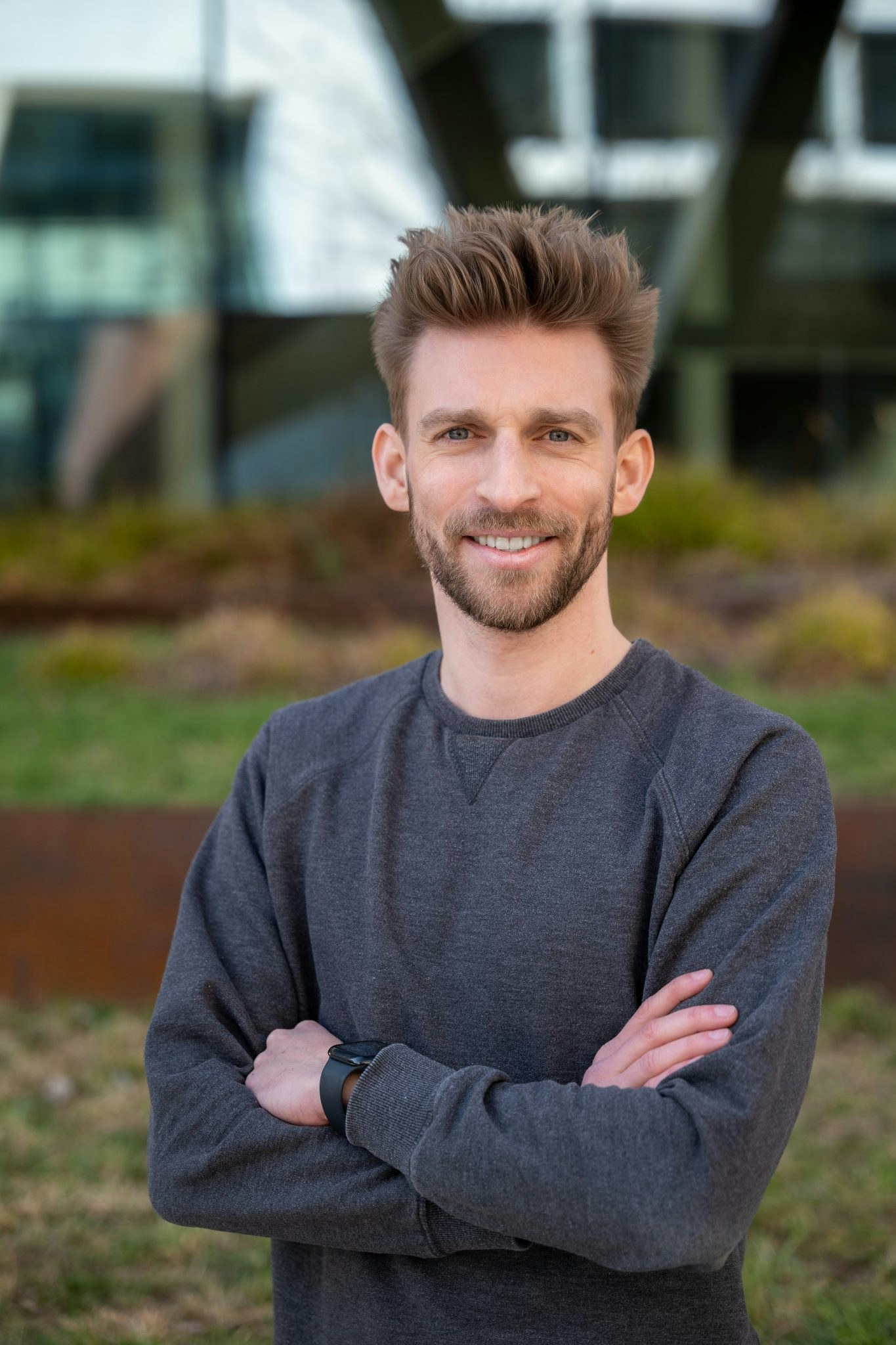
The platform connects shoppers with refurbishers who have restored electronics to sell — anything from phones and laptops to ebikes and coffee machines. Since it was founded in 2017, Refurbed says it has reduced e-waste by close to 600k kg.
“When we started the biggest challenge was that used electronic products are not really trusted,” Kilian Kaminski, Refurbed’s cofounder says, adding that a lot of work was needed to explain to shoppers the difference between used and refurbished electronics. First-time shoppers often have such low expectations of second-hand electronics that they are blown away when it actually works out for them — and Kaminski says half of Refurbed’s customers now come through word of mouth referrals.
“You are much more motivated to tell your friends and family because you think you have found this secret solution,” he says.
Turning trash into fuels
Wien Energie is Austria’s largest energy supplier, and through its network of incinerators, it burns 1m tonnes of waste per year to put energy on Vienna’s grid.

In Vienna’s Simmering neighbourhood, it is building a new kind of ‘Waste2Value’ plant in partnership with the University of Vienna and research company BEST where it is experimenting to see how else it can use the rubbish that the city collects.
“In the circular economy, there are R&D projects around the world. But Vienna is very special, because we already have a very well-functioning waste management system here in the city,” says Alexander Kirchner, who heads up the energy production and circular economy division at Wien Energie.
“We’re trying different sorts of waste, mostly of biogenic origin, to make gas,” explains Kirchner. “Within the gas, you have hydrogen, methane and CO2. And you can make different things with it [including] climate-neutral fuel.”
It will take a few more years of research to figure out what the most commercially viable solution will be. Already, experiments have been run to turn wood chips into fuel for buses currently powered by diesel.
“It’s much more climate friendly because you don’t use fossil fuels,” says Kirchner. “But we have to try a lot of other combinations of waste streams and products.”
Making food from CO2
A microbe that converts carbon dioxide into essential amino acids — the building blocks of protein — could change the way we eat, says Viennese startup Arkeon.
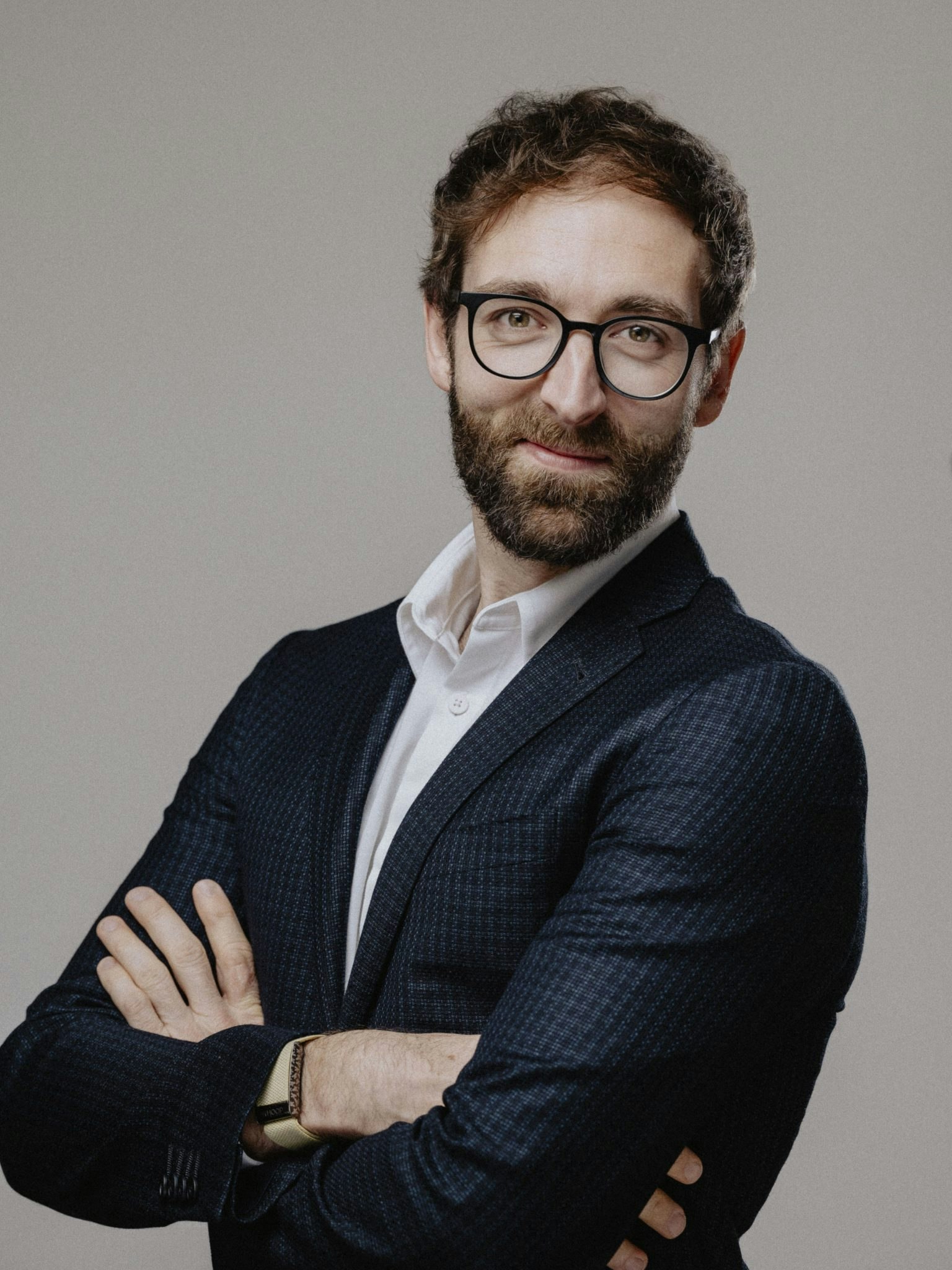
Founded in 2021, it uses a strain of the ancient microbe Archaea, discovered by cofounder Simon Rittman, to create ingredients for use in protein products such as meats, cheeses and yoghurts.
“Amino acid application in the food industry is exploding,” says cofounder Gregor Tegl. “This microbe has evolved to produce all 20 amino acids that we need in our nutrition and it just naturally donates them to the environment.”
Amino acids also feature in products like protein bars and drinks, and could even be used to replace carcinogenic phosphates in processed meats. The company has already built a successful pilot facility in Vienna, and is now expanding to commercial scale.
Meet Viennese startups and innovators taking recycling to the next level at the startup festival, ViennaUP, from 3-9 June 2024.

